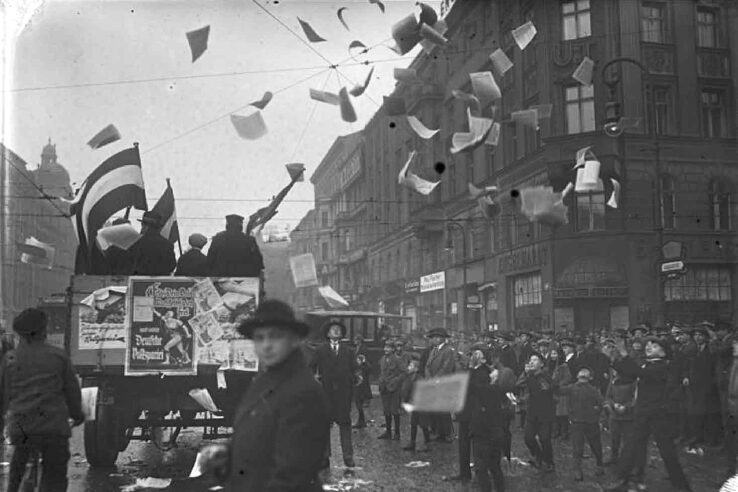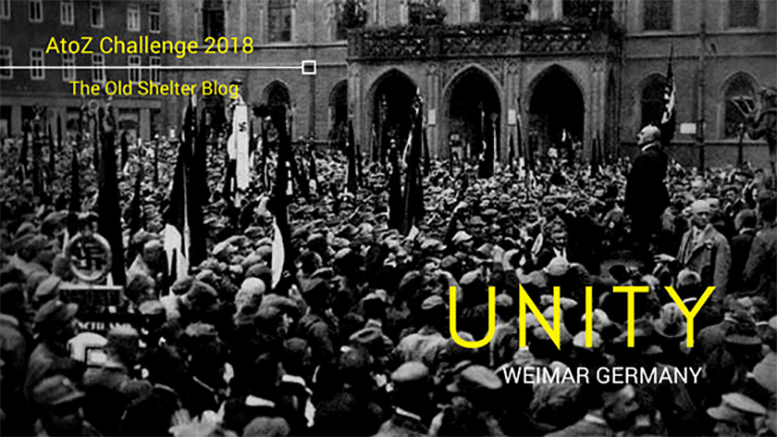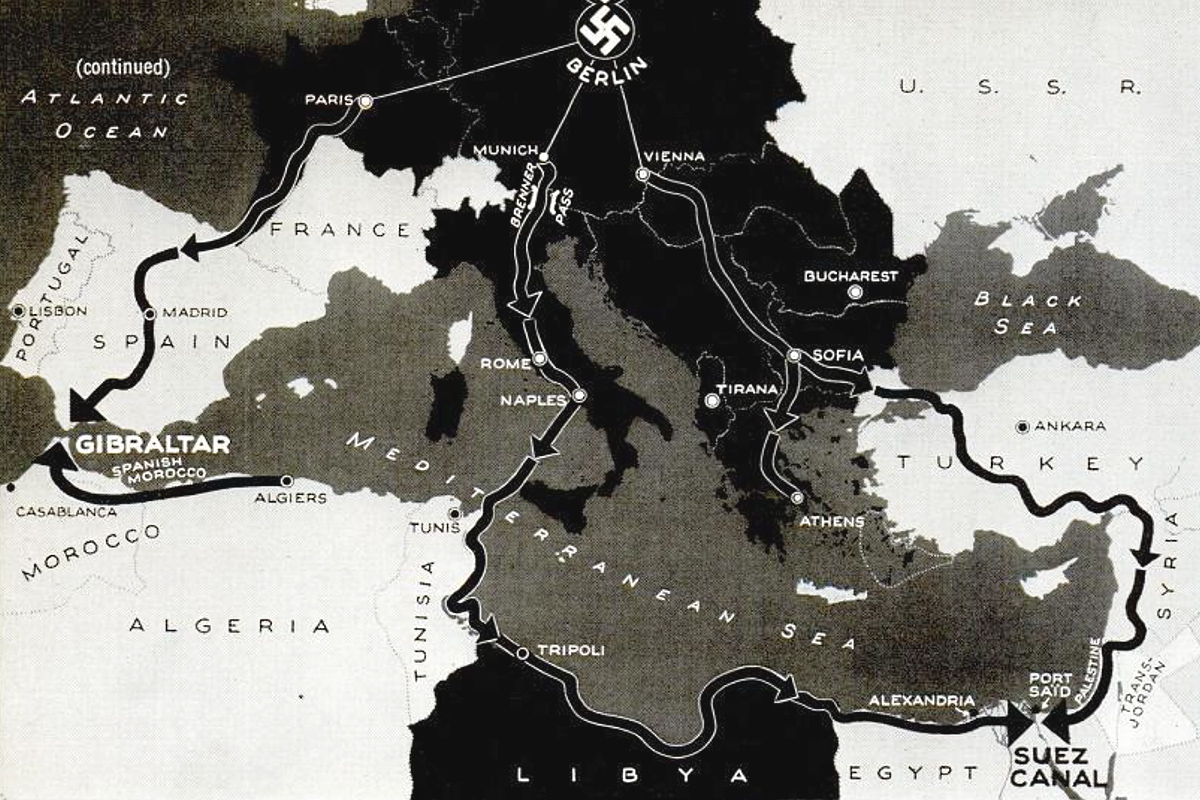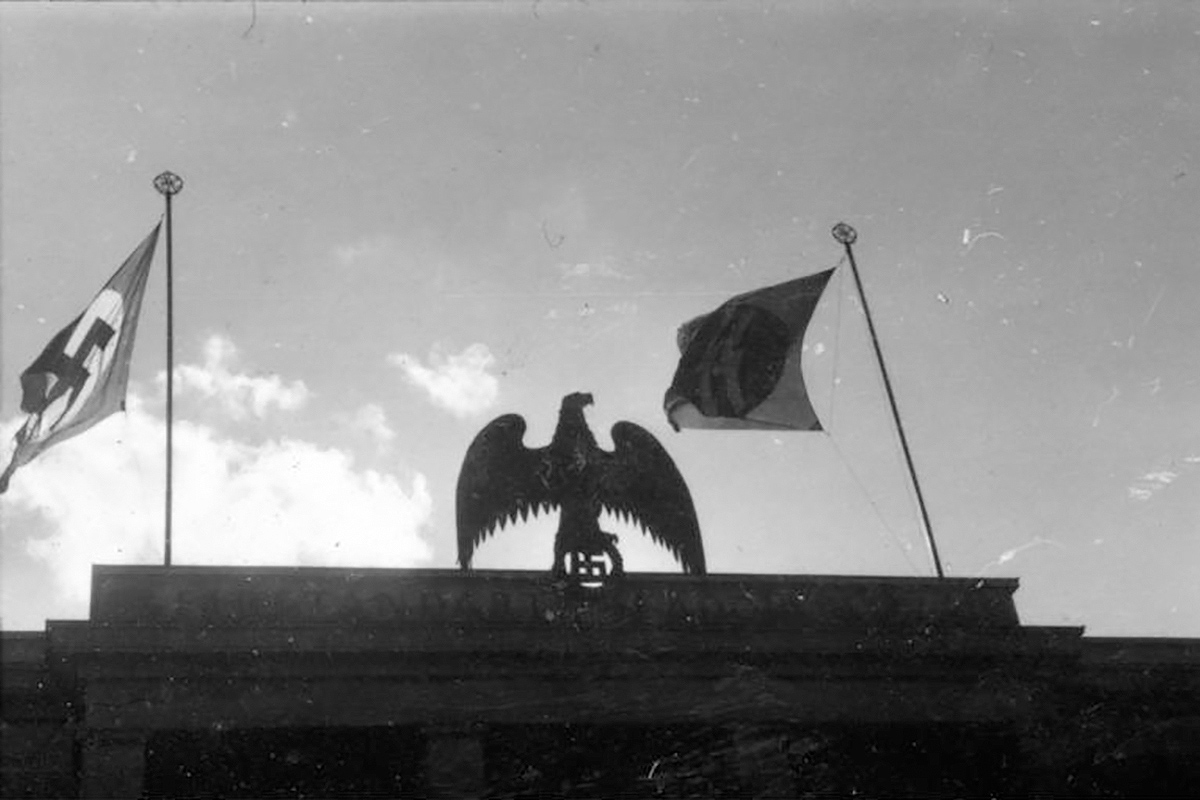One of the most speculated matters in the history of the Weimar Republic is whether it would have weathered the hard crises of the Great Depression, and so resist the rise of the Nazis, if all forces had been more united. Disunity — both true and perceived — was indeed a characteristic of the Weimar Republic.
The most apparent disunity was the one in the parliament itself. Throughout the republican history, the Reichstag was made up of many small political forces which seem to have a hard time getting along. There were a few bigger parties, of course, most notably the Social Democrats and the Zentrum, but none of these ever won the absolute majority of the parliament. The republic had to rely on coalitions governments which were unstable at best, leading to frequent crises and reorganization of the Reichstag.
This disunity and instability ill-suited German people, whose culture had been prompted to an authoritarian, decisive, military efficiency. The people saw the endless parliamentary discussions as weakness rather than democratic discussion by Germans who, slowly, lost faith in the ability of the republic to solve its citizens’ problems.
If this were not enough, there was also a gap between the Reichstag and the army. The republic created the Reichswehr largely with officials and soldiers of the old imperial army, who effectively created a state within the state right in the heart of Weimar Germany. The Reichwehr always saw the republic as a transitory phase in the history of Germany. Still they were committed to support and protect a higher ideal of state and so they agree to go along with the republic until a better, more efficient form of government came along.
All this division and insecurity hit hard the Mittelstand — the middle class — which had been the backbone of the Wilhelmine society. They had been led to believe Germany was winning the war and were hit hard when it lost it. Shocked by al the change that followed — the revolution, the republic, the democratic regime, then the hyperinflation and the many smaller economic crises — the Mittelstand found itself in the position of losing much of its comfort. It became easy prey of the many right-wing forces that were blaming everything on the republic, which the Mittelstand already had a hard time appreciating, giving in to nationalism and antisemitism in the hope to find a solution somewhere.
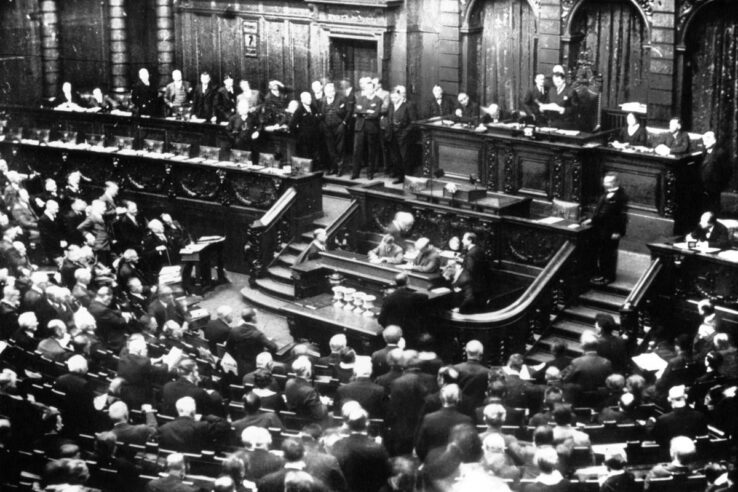
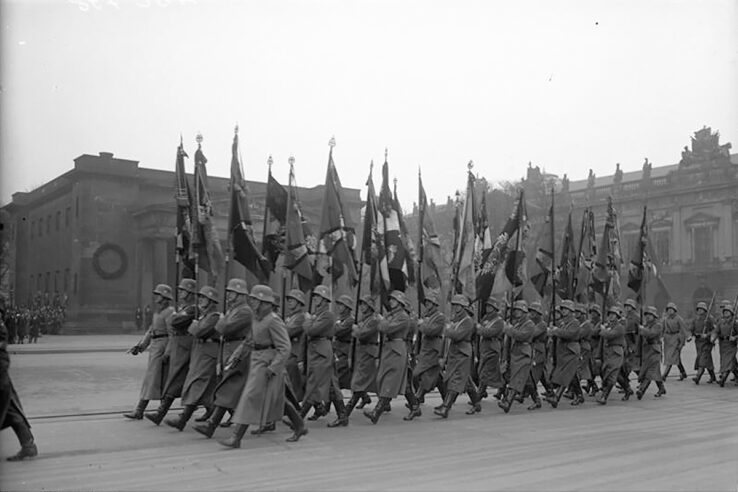
Even the family, especially the middle-class family, seemed to fall to division, as women started to seek their own realizations rather than commit themselves to the family as they used to, and young people all but revolted against their elders.
Besides, even at the Versailles Treaty table, there hadn’t been much unity ideals as nations preferred to look after their own business rather than try to find a common solution.
Maybe times were too difficult to try and look beyond the many pressing difficulties.
This story was originally published at The Old Shelter as part of an A-to-Z challenge about the history of Weimar Germany, April 24, 2018.

